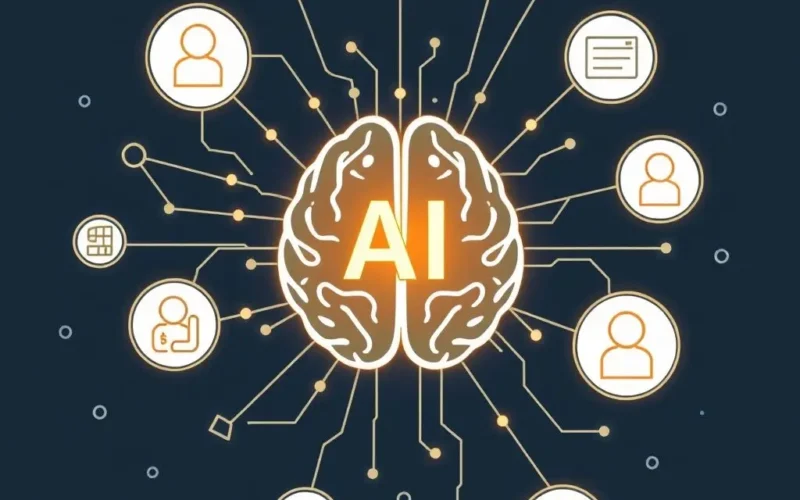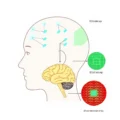Ever been scrolling through a website, perhaps looking at hiking boots, and suddenly, your entire feed is flooded with ads for backpacks, trail mix, and national park passes? It feels… uncanny. Almost like the internet knows exactly what thought just crossed your mind.
While it’s not mind-reading (at least, not yet!), that eerily accurate feeling is the work of Artificial Intelligence, diligently playing detective with your digital footprint.
Table of Contents
The Digital Detective: How AI Cracks Your Shopping Code
Think about every click you make online, every product you search for, how long you linger on a page, what items you add to your cart (even if you abandon it), and your past purchase history. AI systems ingest this massive amount of data, not just from you, but from millions, even billions, of other users.
They’re not learning you as a person in a deep, philosophical sense. They’re learning your patterns – your unique “data signature.” By comparing your signature to the signatures of others and analyzing trends across vast datasets, these powerful algorithms identify correlations and predict probabilities.
For instance, if the AI sees that thousands of users who bought Product A also tended to buy Product B shortly after, and your data signature is similar to those users, it predicts you’re likely interested in Product B. It’s sophisticated pattern recognition on a colossal scale, all aimed at personalizing your online experience and, ultimately, encouraging you to buy.
Want a quick visual dive into this concept? Check out this YouTube Short that explains the AI detective work in a nutshell:
So, How Accurate Is This Prediction Game?
This is the million-dollar question, isn’t it? The answer is nuanced, but in short: AI is getting remarkably accurate, but it’s not infallible.
Where AI Prediction Excels:
- Identifying Trends: Across large populations of users, AI is excellent at spotting emerging trends and popular combinations of purchases (like the classic “customers who bought this also bought that”).
- Personalized Recommendations: For many products and services, AI recommendations feel uncannily accurate. This is evident on platforms like Amazon, Netflix, and Spotify, where suggestions often align well with your tastes and needs.
- Predicting Near-Future Behavior: AI is good at predicting purchases that fit within established patterns or follow predictable life events (e.g., predicting interest in baby products after searches for maternity wear).
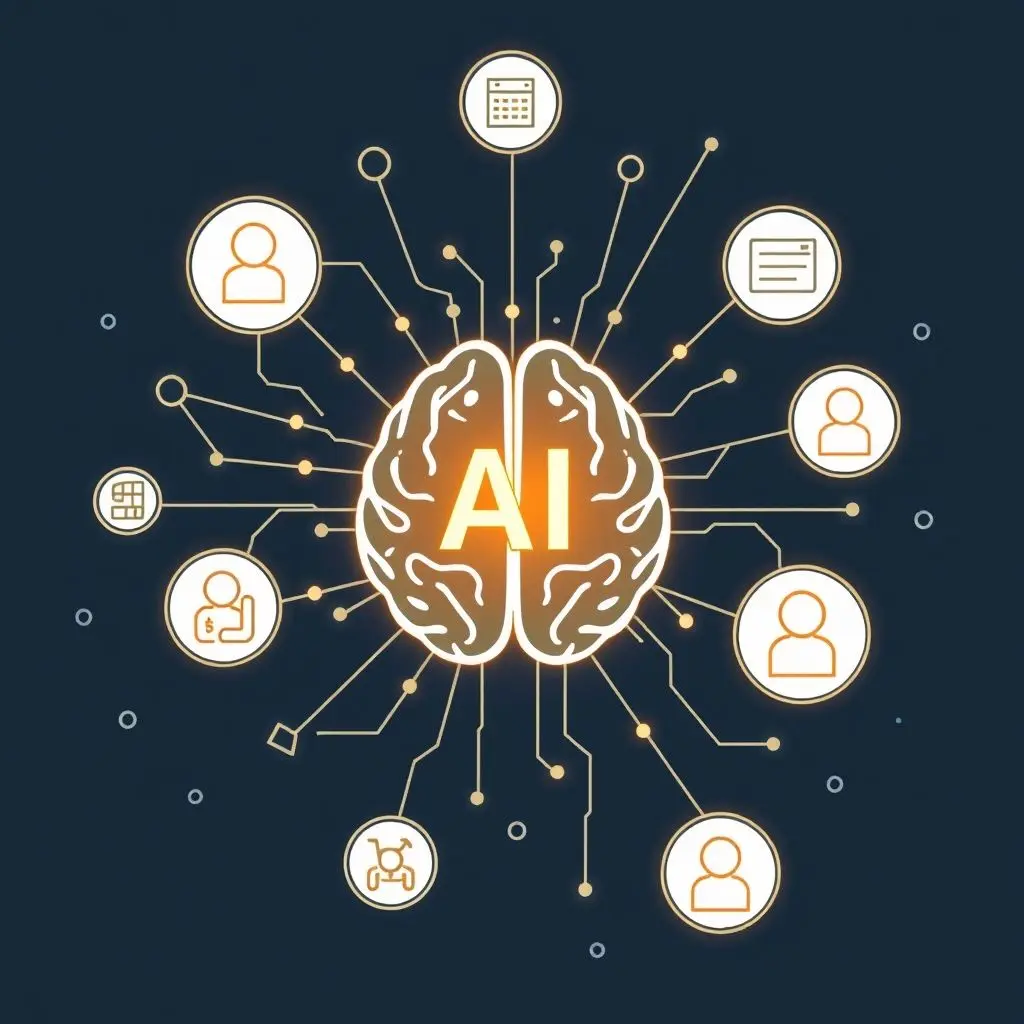
Why It’s Not 100% Perfect:
- Lack of Novelty: AI struggles to predict truly novel purchases or shifts in your taste that aren’t yet reflected in your data signature or the patterns of similar users.
- External Factors: A sudden change in your life, a recommendation from a friend offline, or seeing something in a physical store – these external factors aren’t always captured by online data, throwing off predictions.
- Data Quality and Volume: If a user is new, browses inconsistently, or uses privacy tools, the AI has less data to work with, reducing accuracy.
- Algorithmic Bias: The AI can sometimes perpetuate biases present in the training data, leading to less accurate or irrelevant predictions for certain groups.
So, while AI might accurately predict you’re likely to buy a charging cable based on your recent phone purchase, it probably won’t predict that impulsive decision to buy a brightly colored, novelty hat you saw an influencer wearing, unless that influencer’s content or similar hat searches are somehow part of your analyzed data signature.
Beyond Your Cart: The Business Advantage of Predictive AI
The power of purchase prediction isn’t just about showing you relevant ads. Businesses leverage this AI-driven insight across their operations:
- Targeted Advertising: Delivering ads for products you’re likely to buy is significantly more effective and cost-efficient than showing ads randomly.
- Inventory Management: Predicting demand for specific products helps businesses optimize stock levels, reducing waste and avoiding stockouts.
- Pricing Strategies: AI can help determine the optimal price point for a product based on predicted demand and market conditions.
- Customer Relationship Management: Predicting churn risk or identifying potential high-value customers allows for proactive engagement.
- Personalized Marketing: Crafting personalized emails, website layouts, and product bundles based on predicted preferences.
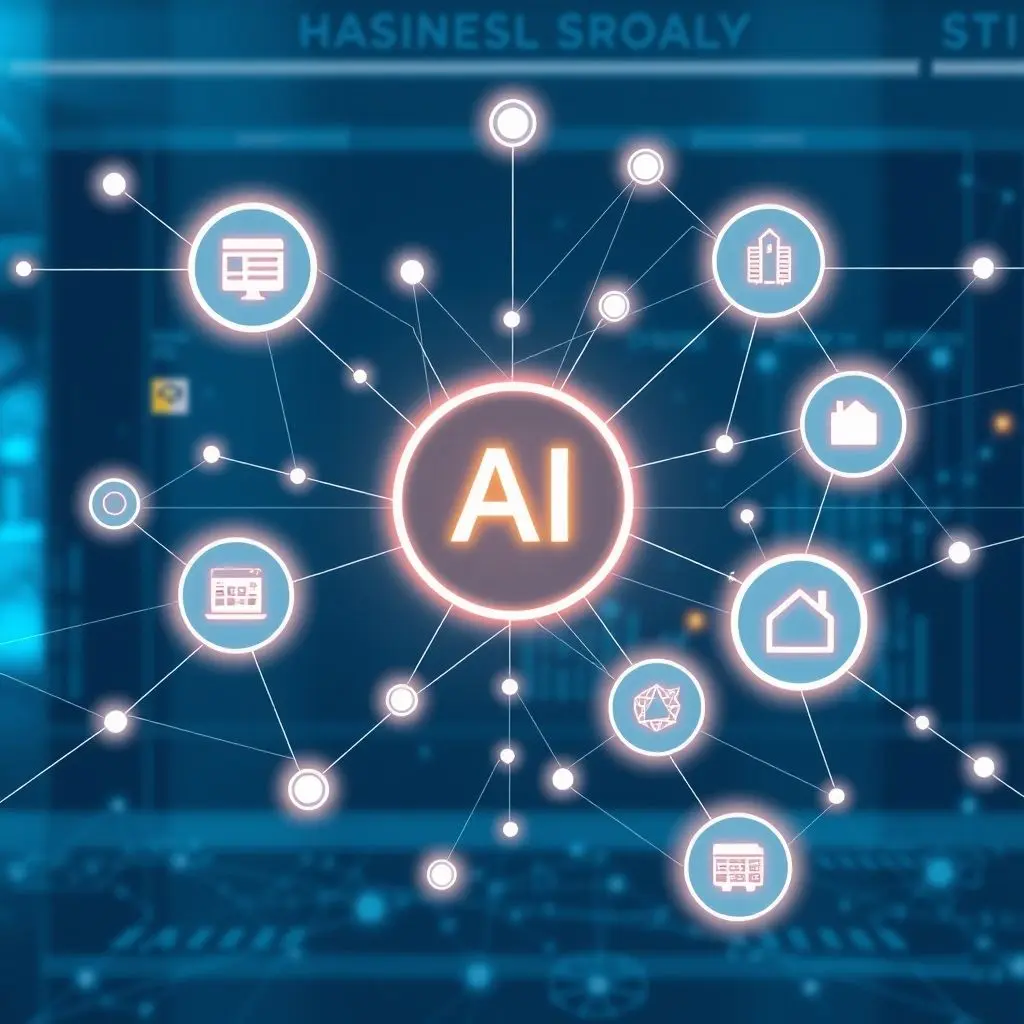
From the business perspective, even if the prediction isn’t 100% accurate for every single individual, the ability to predict trends and probabilities across millions of users is incredibly valuable for optimizing resources and increasing sales.
Your Data Signature: A Crystal Ball or Just a Mirror?
The concept of a “data signature” is key. AI isn’t peering into your soul; it’s analyzing the digital breadcrumbs you leave behind. Your search history, your clicks, your viewing times – these are data points that, when aggregated and analyzed, paint a picture of your likely interests and future actions based on past behavior and the behavior of others like you.
This can feel unsettling, like a mirror reflecting back your habits in a way you hadn’t fully perceived. It highlights the sheer volume of data companies collect and the powerful capabilities of AI to derive insights from it.
Frequently Asked Questions (FAQs)
Is AI prediction of purchases always accurate?
No, it’s not 100% accurate. Accuracy varies depending on the data available, the specific AI model used, and the predictability of the user’s behavior. However, it is often accurate enough to feel highly personalized and drive significant business results.
What kind of data does AI use to predict purchases?
AI uses a wide range of data, including browsing history, search queries, click patterns, time spent on pages, past purchases, items added to cart, wishlists, demographic information, location data, device type, and even interactions on other websites or social media if linked.
Does AI prediction compromise my privacy?
The use of personal data for prediction raises significant privacy concerns. While AI companies typically work with anonymized or aggregated data where possible, the depth of analysis can still feel intrusive. Regulations like GDPR and CCPA aim to give users more control over their data, but it remains a key ethical challenge.
Can I stop AI from predicting my purchases?
Completely stopping it is difficult if you use online services. However, you can limit data collection by adjusting privacy settings, using incognito mode, clearing cookies, using privacy-focused browsers or extensions, and opting out of personalized ads where possible. Keep in mind this might impact the relevance of recommendations you receive.
Is predictive AI just for online shopping?
No, predictive AI is used in many fields, including healthcare (predicting disease outbreaks), finance (predicting market trends), manufacturing (predicting equipment failure), and even traffic management (predicting congestion).
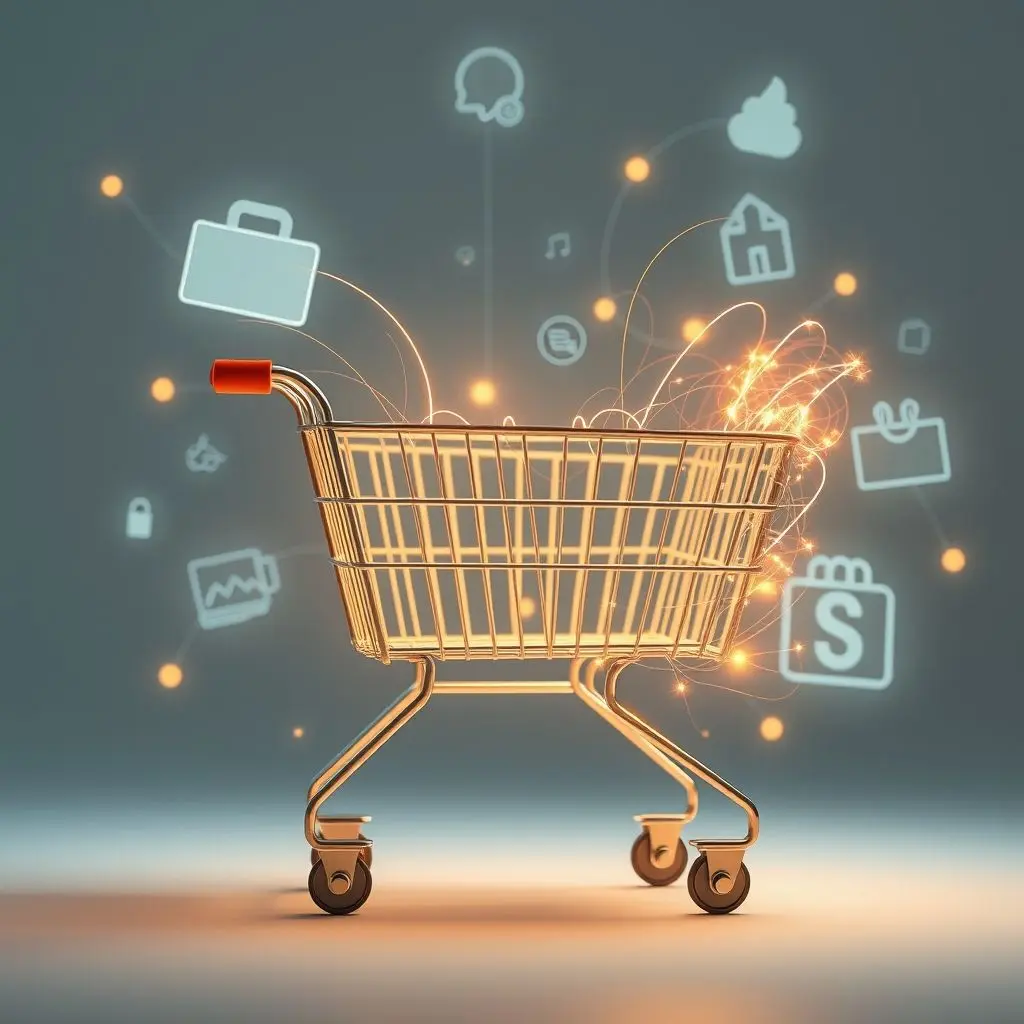
Navigating the Predictive Landscape
The accuracy of AI in predicting our next purchase is a testament to the power of data and machine learning. It’s a tool that enhances convenience and personalization for the user while providing immense strategic advantages for businesses.
Understanding how it works – as a sophisticated pattern analysis rather than true mind-reading – can help demystify the experience. As these technologies evolve, so too will the predictions, likely becoming even more integrated into our digital lives. It leaves us to consider the balance between uncanny convenience and the increasing transparency of our digital habits.
Does the accuracy of AI predictions ever give you pause? It’s a wild digital world we’re navigating!
